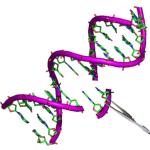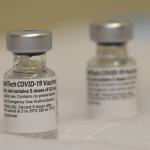Fourteen years ago last month, I was privileged to join a small group of scholars and clergy convened from around the world by the Pontifical Academy of Sciences for a “study week,” the subject of which was “Transgenic Plants for Food Securit
GMO
Molecular genetic engineering has spawned a strange new allergy. No, not the kind of allergy that causes hives or wheezing; rather, an aversion to mentioning the role of genetic engineering in agriculture.
Recent months have been hellish for many American farmers and consumers who buy the food they produce.
The “Social Justice Warrior Handbook,” which satirizes people who promote liberal, multicultural, anti-capitalist, anti-globalization, and politically c
Recent Biden Administration initiatives to boost the “bioeconomy” are an acknowledgment that the government’s current biotechnology regulatory policies are unnecessarily slowing the development of important products and processes.
Florida is known for destructive hurricanes and torrid heat waves, but at the end of December, some parts of the state experienced many consecutive days of nighttime sub-freezing temperatures and frost.
A good example of Stanford's embrace of radical, anti-scientific views was the university’s invitation in 2020 to notorious charlatan Vandana Shiva to present the prestigious
Public trust in media is near an all-time low.
Almost three decades ago, activist groups began making all sorts of troubling predictions about the dangers of growing genetically engineered (GE) crops.
People often take drastic steps when they're hungry. Sri Lanka's leadership discovered this firsthand after it banned imports of synthetic fertilizers and pesticides last year.












